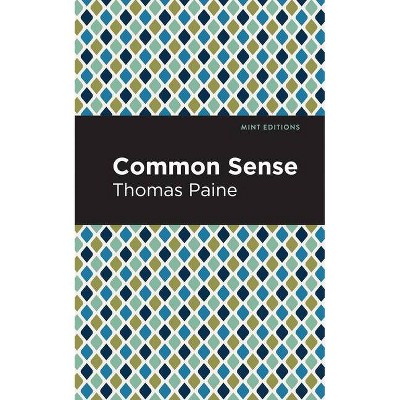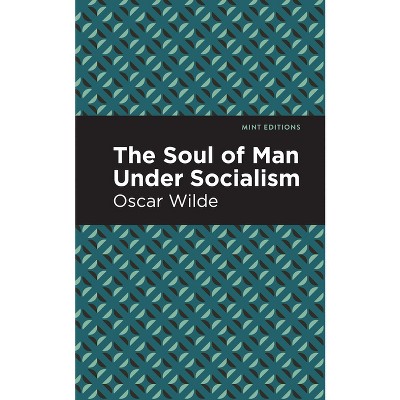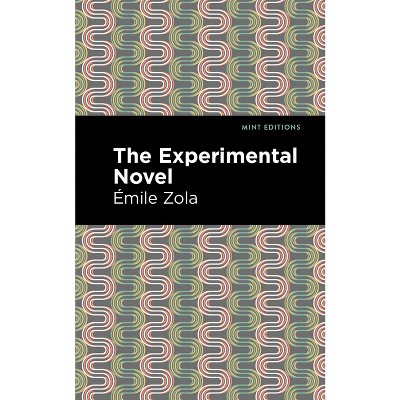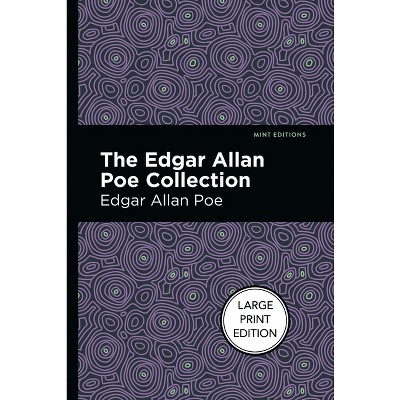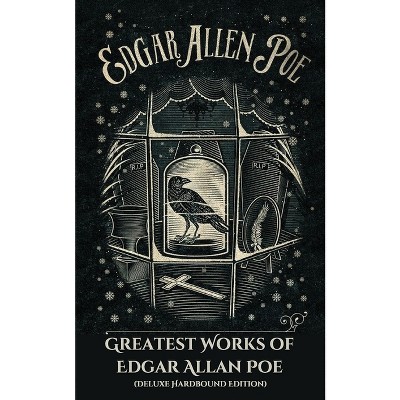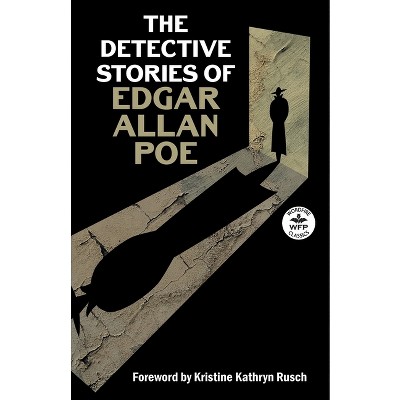Sponsored

The Philosophy of Composition - (Mint Editions (Literary Criticism and Writing Techniques)) by Edgar Allan Poe (Paperback)
In Stock
Sponsored
About this item
Highlights
- The Philosophy of Composition (1846) is an essay by Edgar Allan Poe.
- Author(s): Edgar Allan Poe
- 26 Pages
- Language + Art + Disciplines, Writing Skills
- Series Name: Mint Editions (Literary Criticism and Writing Techniques)
Description
Book Synopsis
The Philosophy of Composition (1846) is an essay by Edgar Allan Poe. Recognized as a foundational figure of nineteenth century fiction, Poe has inspired generations of readers and writers with his craftsmanship and taste for tragedy and terror. His brief but meteoric career shaped the trajectory of American literature forever, forming a legacy without which science fiction, horror, and detective writing would surely be shells of themselves. Published only three years before his untimely death, the essay appeared in an April 1846 issue of Graham's American Monthly Magazine of Literature and Art, whose editor had previously made the mistake of turning down "The Raven." Both influential and controversial, Poe's essay on craft was intended as a dismissal of the myth of spontaneous art, arguing instead that a true artist depends upon attention to detail and adherence to a logical creative process. Using his own poetic masterpiece as an example, Poe claims that the writer must maintain "unity of effect" throughout the work in order to inspire the intended emotional response in the reader. Once this element has been set in place, the writer may proceed with the more technical aspects of composition, such as characters, setting, and plot. Although Poe's essay drew the ire of Anglo-American poet T. S. Eliot, it was immensely popular among Poe's Francophone audience and served as inspiration for such artists as Maurice Ravel and Charles Baudelaire. This edition of Edgar Allan Poe's The Philosophy of Composition is a classic of American literature reimagined for modern readers.
Since our inception in 2020, Mint Editions has kept sustainability and innovation at the forefront of our mission. Each and every Mint Edition title gets a fresh, professionally typeset manuscript and a dazzling new cover, all while maintaining the integrity of the original book.
With thousands of titles in our collection, we aim to spotlight diverse public domain works to help them find modern audiences. Mint Editions celebrates a breadth of literary works, curated from both canonical and overlooked classics from writers around the globe.
From the Back Cover
In this groundbreaking work of nonfiction, Poe allows his audience a peak behind the curtain at the creative process informing his beloved and acclaimed poems and short stories. Dismissing the myth of spontaneous art, Poe argues that a true artist depends upon detail and adherence to a logical creative process. The Philosophy of Composition is an essay by Edgar Allan Poe.






